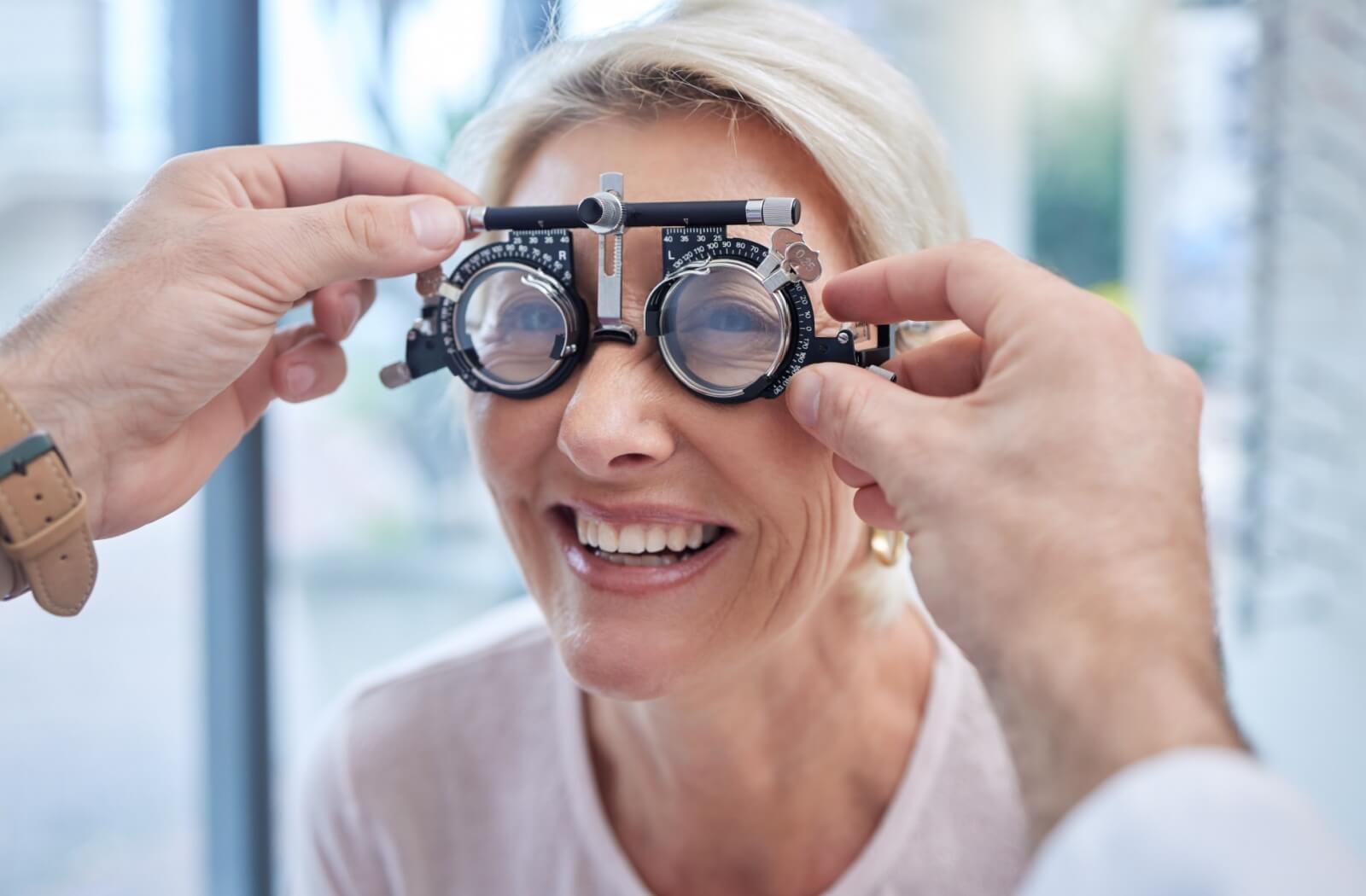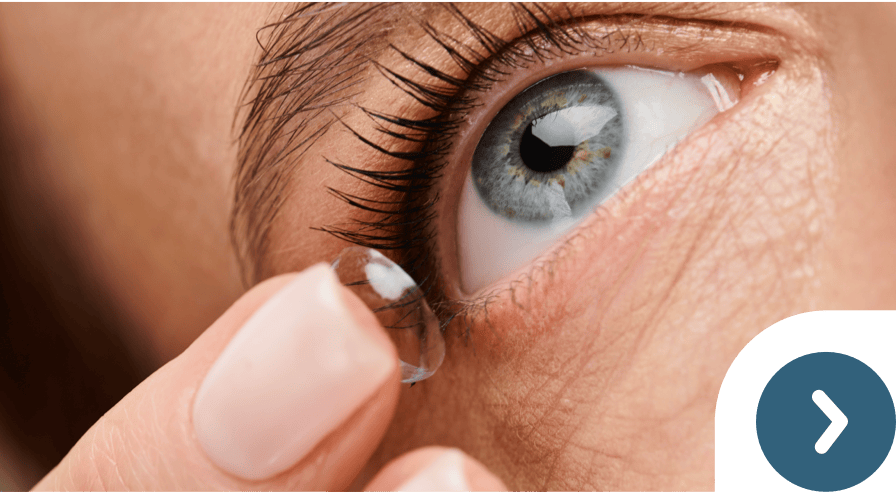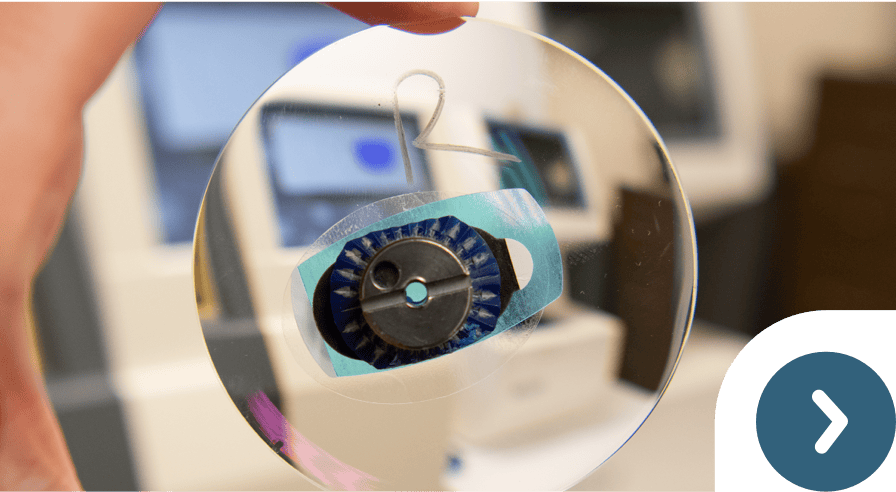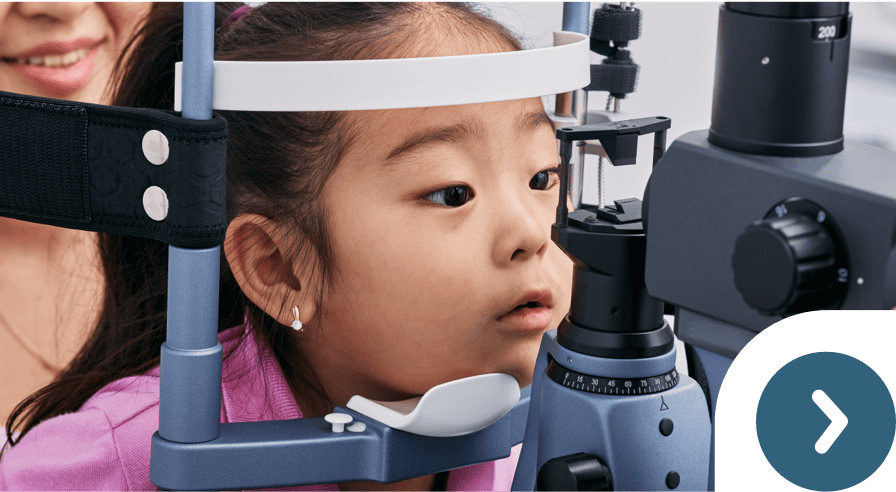Regular eye examinations are essential for maintaining good vision health and detecting any potential problems early on. The frequency of your eye exams depends on several factors, including age, overall health, and any existing eye conditions. Here are some general guidelines to follow:
- Children should have their first comprehensive eye examination at 6 months of age, followed by another at 3 years old, and again before starting school.
- Adults ages 18 to 60 without any existing eye conditions should have an eye examination every 2 years.
- People over 60 or those with existing eye conditions may need more frequent examinations, typically every year or as their optometrist recommends.
It’s important to note that these are general guidelines, and your optometrist may recommend more frequent exams based on your individual needs.
The Importance of Regular Eye Examinations
Here are a few reasons why having regular eye examinations is important for your overall health:
- Early detection of eye diseases: Many eye diseases, such as glaucoma and macular degeneration, have no symptoms in the early stages. Regular eye examinations can detect these conditions before they cause permanent vision loss.
- Detection of other health problems: Your eyes can also reveal underlying health issues such as diabetes, high blood pressure, and even certain types of cancer. An eye examination can detect these problems early, allowing for timely treatment.
- Update your prescription: Regular examinations are necessary to make sure your prescription is up-to-date if you wear glasses or contact lenses. This can help prevent eye strain, headaches, and other vision-related discomfort.
- Prevent vision loss: In some cases, vision loss can be prevented or slowed down with early detection and treatment. Regular eye examinations can help identify potential issues before they become more serious.
Signs You May Need to Schedule an Eye Exam
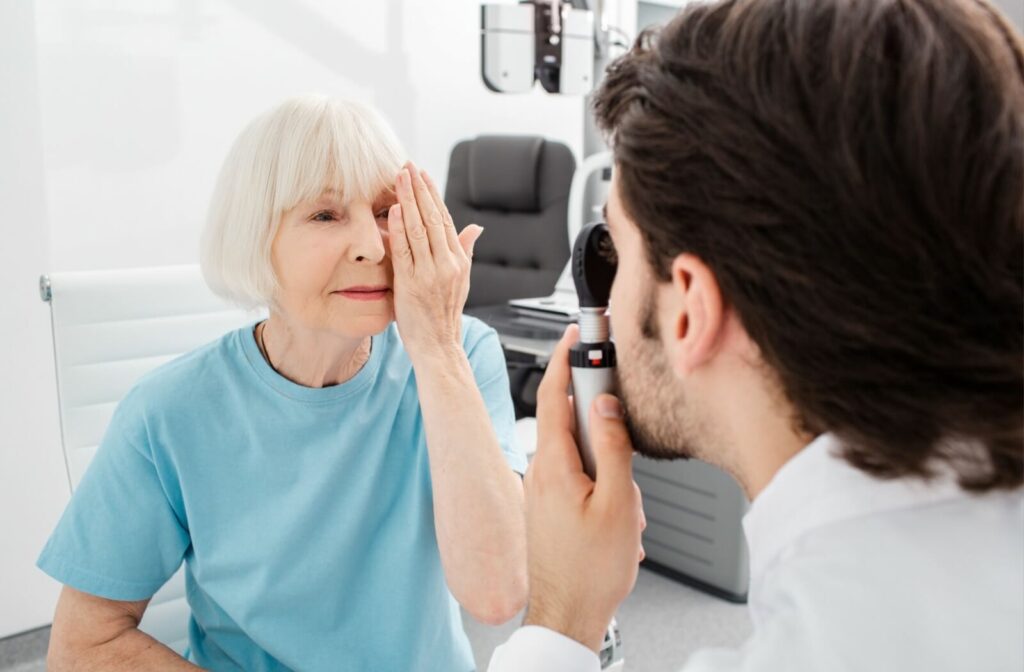
In addition to following the recommended guidelines for regular eye examinations, paying attention to any changes in your vision or eye health is important. Some signs that may indicate you need an eye examination outside of your regular schedule include:
- Blurry vision: If you notice that your vision has become blurry, even with corrective lenses, it could be a sign of a change in your prescription or an underlying eye condition.
- Headaches: Frequent headaches can indicate eye strain or an incorrect prescription. An eye examination can help determine the cause and provide relief.
- Difficulty seeing at night: If you have trouble seeing in low light or at night, it could be a sign of cataracts or other eye conditions.
- Eye pain or discomfort: If you experience any pain or discomfort in your eyes, scheduling an eye examination to rule out any serious issues is important.
- Floaters or flashes of light: The sudden appearance of floaters or flashes of light in your vision can signify a retinal tear or detachment, which requires immediate medical attention.
- Changes in colour vision: If you notice that colours appear faded or less vibrant, it could indicate an underlying issue with your eyes.
What to Expect During an Eye Examination
During a comprehensive eye examination, here are some of the things that may happen:
- Visual acuity test: This is a standard eye chart test that measures how well one can see at different distances.
- Refraction test: This determines your prescription for glasses or contacts by having you look through different lenses and choosing the one that provides the clearest vision.
- Eye movement and coordination tests: These tests check how well your eyes work together and can detect any eye teaming or tracking issues.
- Intraocular pressure (IOP) test: This measures the pressure inside your eye to screen for glaucoma, a serious eye condition that can lead to vision loss if left untreated.
- Retinal exam: Your optometrist will examine the back of your eye using special instruments to check for signs of diseases or conditions such as macular degeneration or diabetic retinopathy.
- Additional tests: Depending on your individual needs and any symptoms you may be experiencing, your optometrist may perform additional tests to assess the health of your eyes thoroughly.
Comprehensive Eye Care for All Ages
If you are experiencing vision problems or concerns, it is important to schedule an eye examination. Regular eye examinations can help detect and address potential issues early on, preventing more serious problems in the future. At Westmount Optometrists, our team is committed to providing comprehensive eye care services for patients of all ages. From routine eye examinations to specialized treatments, we are dedicated to helping you achieve and maintain optimal vision health. Contact us today to schedule your next eye examination and take the first step towards clear, healthy vision.

